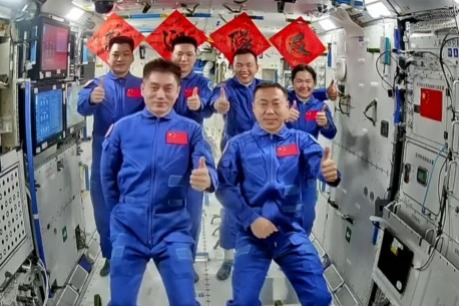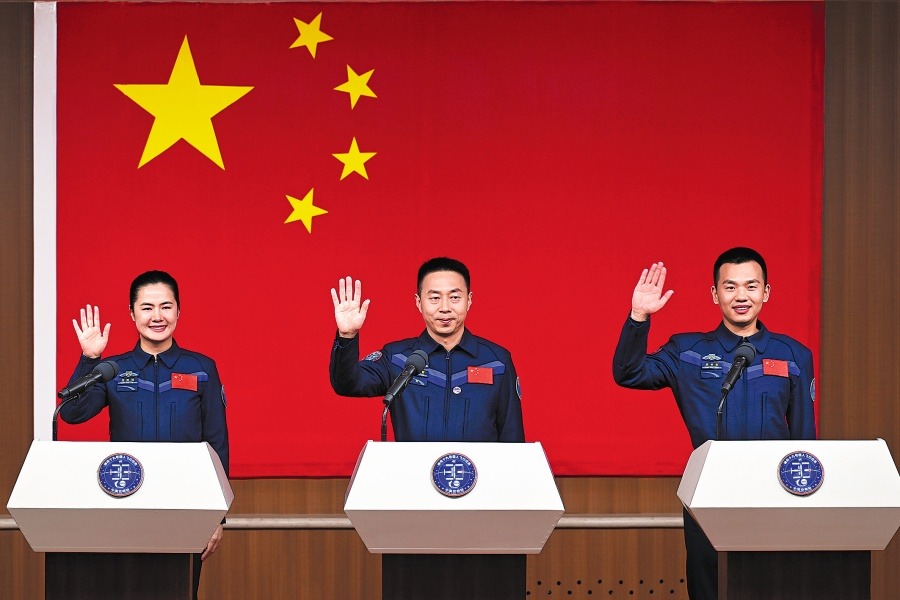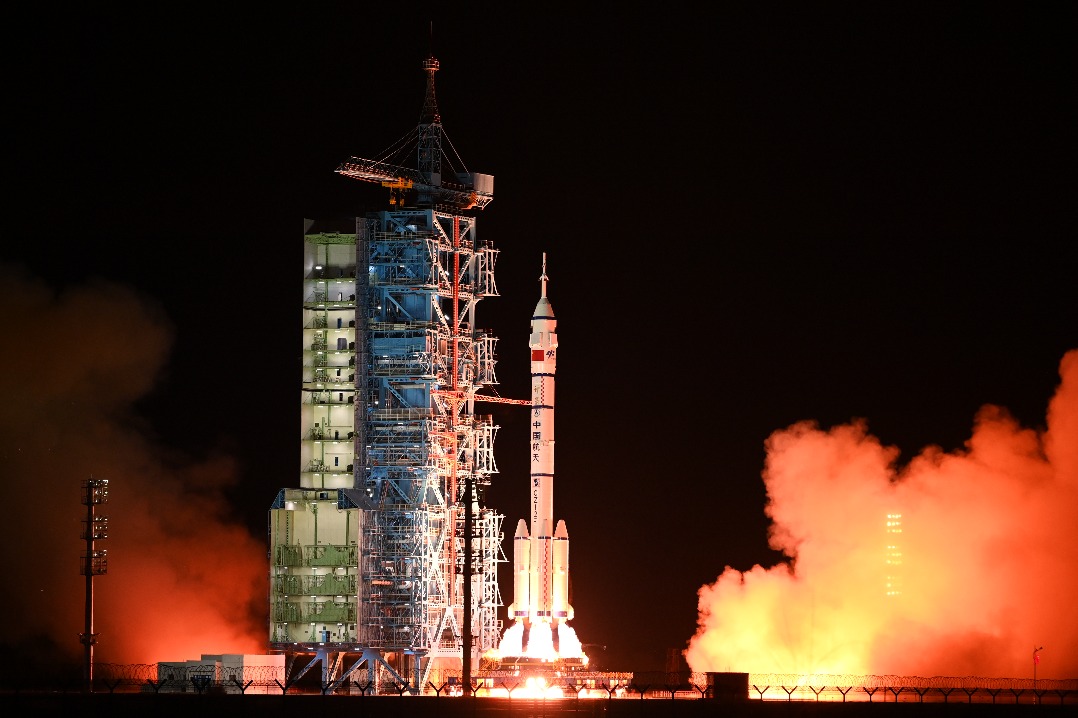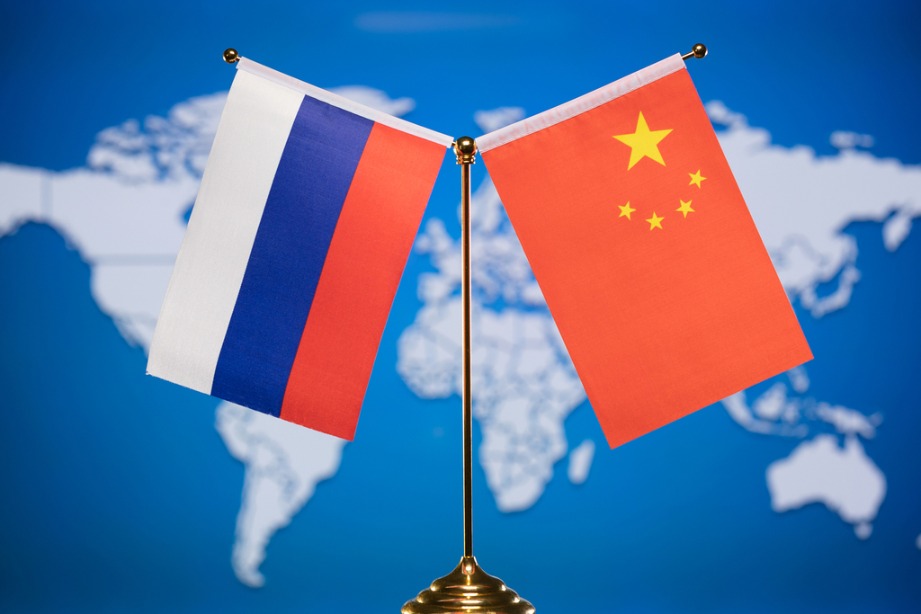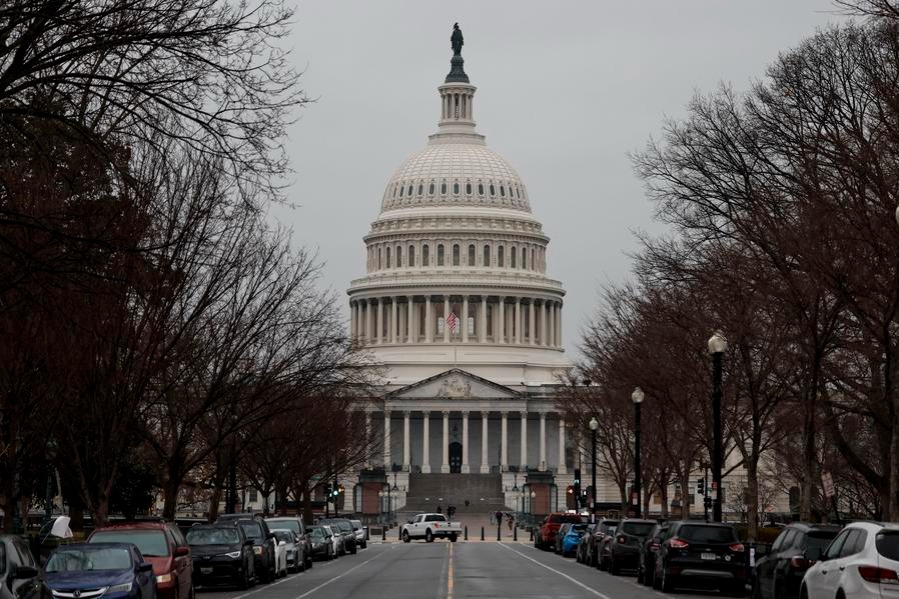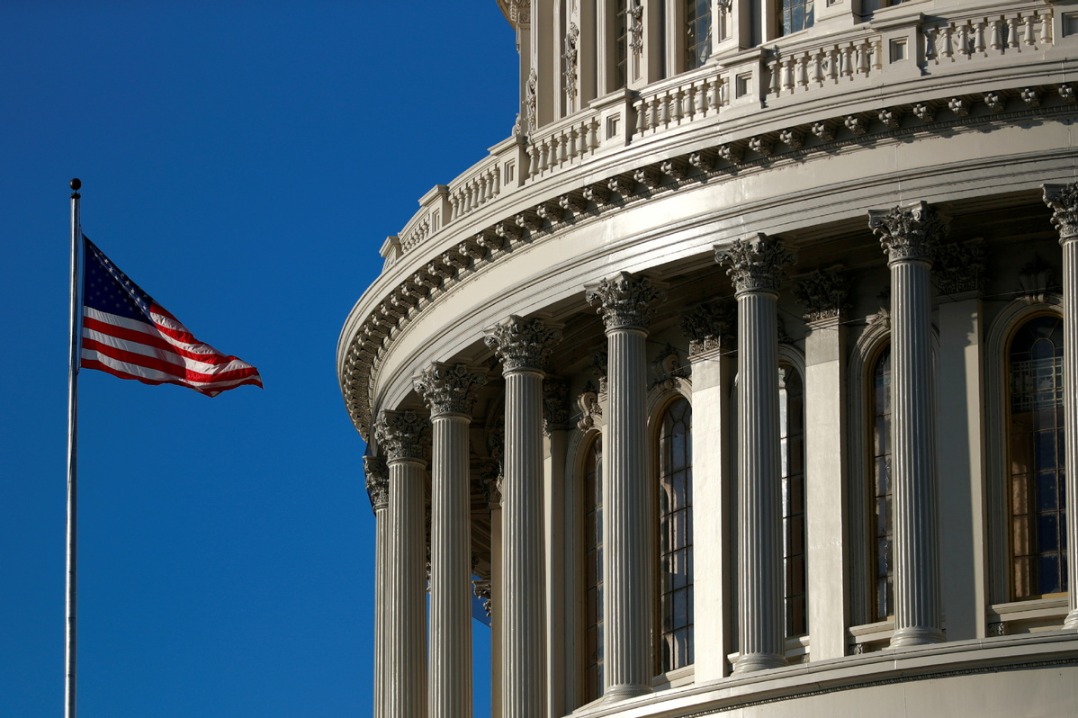Closer partnership good for China, EU and the world

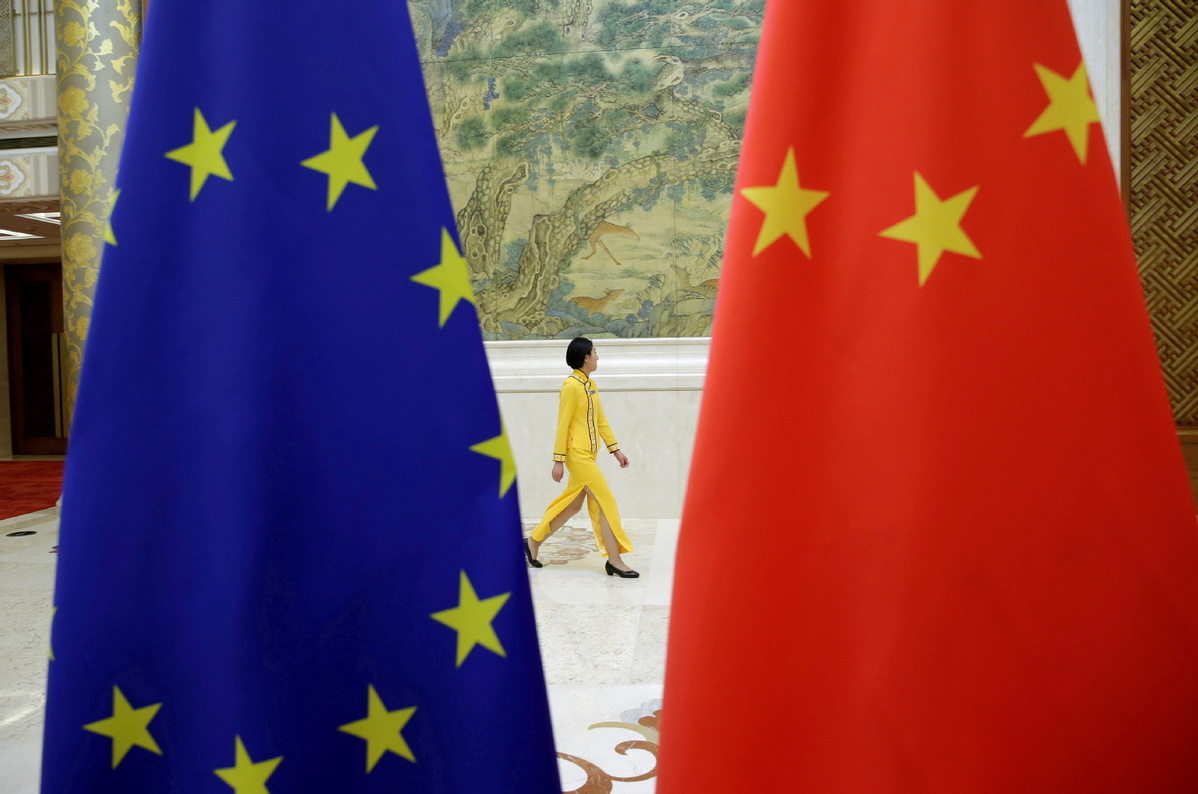
The 23rd China-EU Leaders' Meeting to be held via video link on Friday is a great opportunity for the two sides to put bilateral relations on the right track after the unnecessary disruptions caused by the EU calling China "a negotiation partner, an economic competitor and a systemic rival" in March 2019.
The Chinese side has repeatedly taken exception to being described as a "systemic rival", because Beijing has been expanding mutually-beneficial cooperation with the EU and its member states for decades regardless of their different social and political systems.
The fact that China has become the top trade partner for more than 120 countries means that countries with different social and political systems can and should work together for the benefit of their peoples and the world.
Such cooperation is especially important today when the world is in danger of a new Cold War and a bifurcation in technology and other sectors due to rising tensions between China and the United States, something that United Nations Secretary-General Antonio Guterres has warned against.
The "systemic rival" rhetoric has contaminated the well of Sino-EU relations. Many of the win-win opportunities have been squandered. For example, Huawei, a global leader in 5G technology, has been virtually deprived of its right to participate in the 5G networks in the EU due to the heavy pressure the US exerted on European capitals.
There is no doubt that the EU's major ambition-completing the "Green Deal" and digitalization-would become a reality much sooner with a full partnership between the EU and China.
Even the Politico, which has long been biased against China, reported this month that many in EU institutions have raised concern about too much focus on "systemic rivalry" with China in recent years, and hoped that the leaders would give more attention to the two other elements in EU-China relations-partnership and economic competition.
China and the EU are partners in fighting global challenges such as climate change and nuclear non-proliferation, and in improving global governance. Even after the Donald Trump administration withdrew the US from the Paris climate accord in 2017 and the Iran nuclear deal in 2018, both China and the EU stuck to the deals and continued to carry forward the good work.
As for the ongoing Russia-Ukraine conflict, China has been asserting that sovereignty be respected, and the solution lies in peaceful dialogue and diplomacy. China's good relations with both Russia and Ukraine mean it wants the conflict to end as soon as possible.
But this is not the case with some countries, in particular the US, which seek to profit from the crisis by adding fuel to the fire.
That is why French President Emmanuel Macron, who has been working ceaselessly to help find a diplomatic solution to the Ukraine crisis, warned against issuing inflammatory statements as soon as US President Joe Biden said that Russian President Vladimir Putin "cannot remain in power", words that would further complicate an already complex issue.
News that both Russia and Ukraine have expressed optimism after a round of talks brokered by Turkey on Tuesday is encouraging.
EU member states are among the most affected by the Ukraine crisis, especially because of the influx of refugees, rising energy prices and the boomerang effect of imposing economic sanctions on Russia.
The EU has been pursuing strategic autonomy. But Washington has been influencing decision-making in many European capitals given its outsized influence in various aspects.
And the EU and its member states know that a closer partnership between China and the EU will not only help the EU achieve many of its ambitious goals, it will also make the future multipolar world more secure and a new Cold War less likely.
The author is chief of China Daily EU Bureau based in Brussels.
















